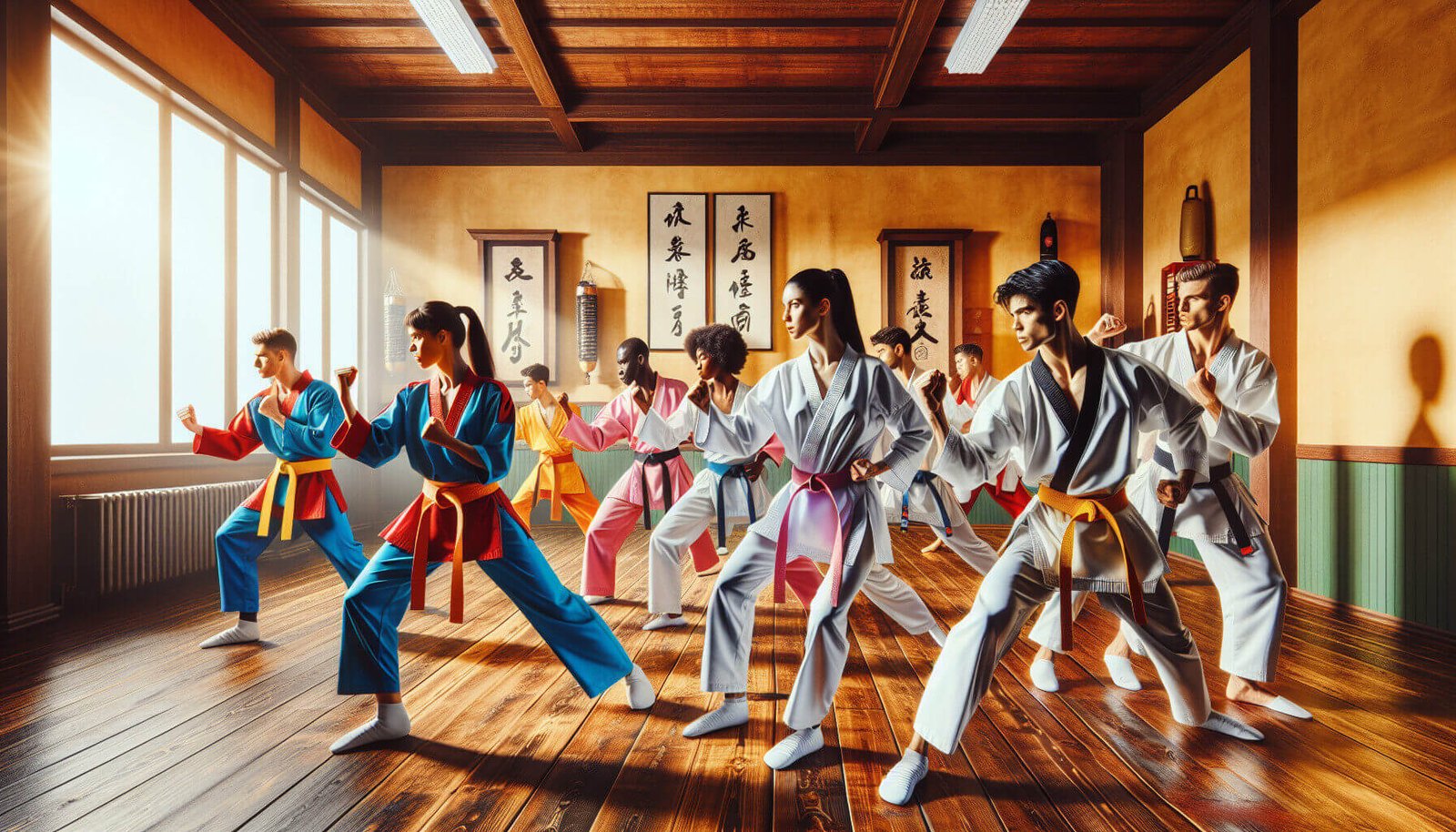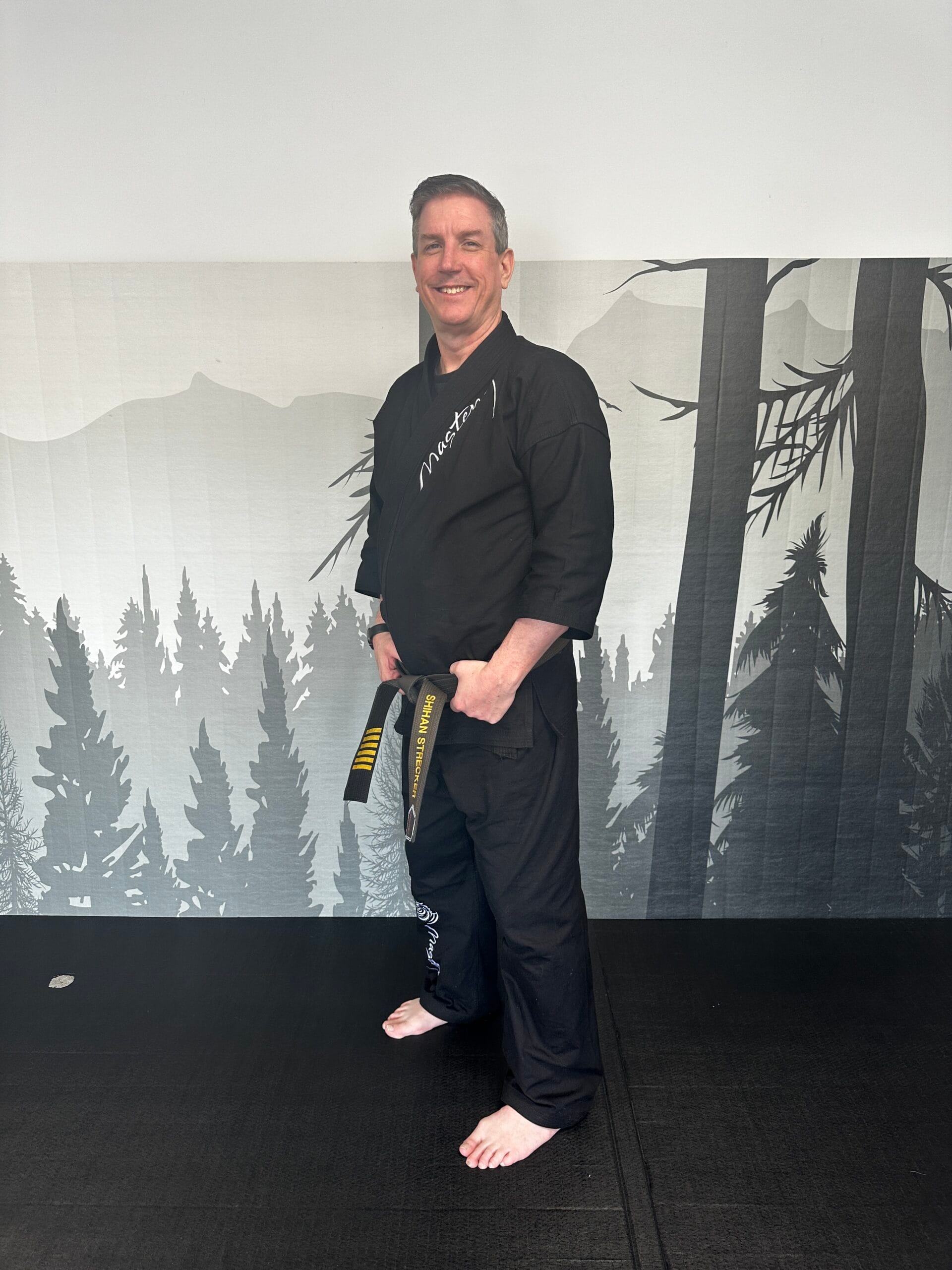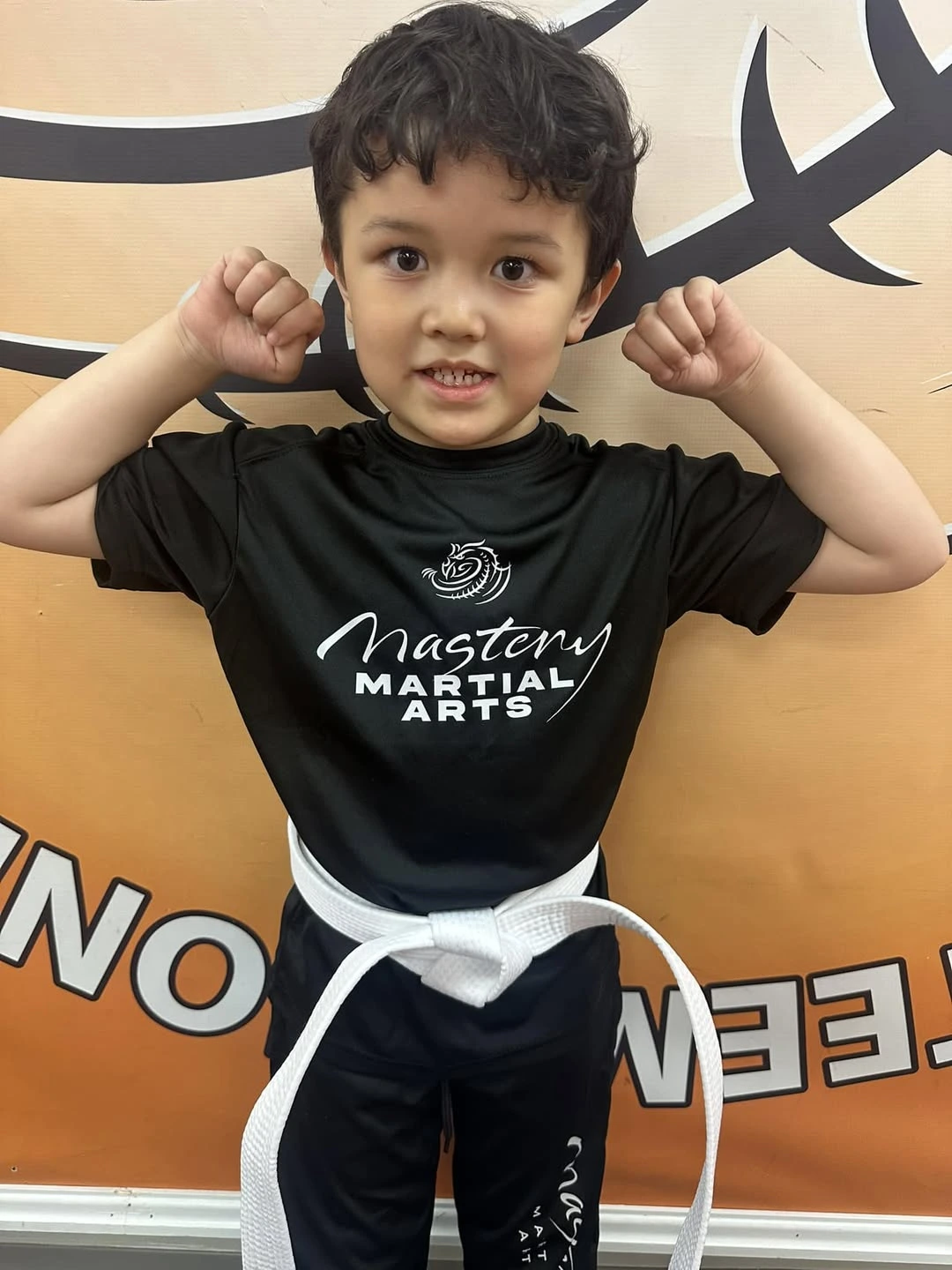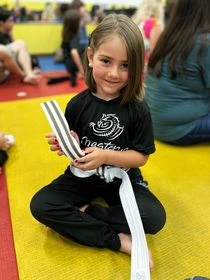Nearly every parent looks for ways to build focus, confidence, and good habits in their children. One approach many families find especially effective is martial arts training for self-discipline. At Mastery Martial Arts in Troy, Michigan, children aged 4 to 16 develop personal responsibility in a safe, encouraging environment. This means fewer homework battles and a calmer mindset at school.
Discover Why Self-Discipline Matters
Self-discipline helps your child stay on task and handle everyday stress. When children learn to respect rules and channel their energy productively, they become more resilient in a busy classroom. Good news, this is easier than it sounds. Structured practice, clear expectations, and positive role models give kids the confidence to focus on what truly matters. If you are curious about practical techniques, you can explore martial arts discipline techniques that illustrate ways to build routine and commitment.
Strengthen Focus Through Martial Arts
Martial arts classes emphasize structured activities that channel your child’s concentration. They learn foundational moves, listen closely to their instructors, and gain a sense of accomplishment with each new skill. This process benefits young minds in several ways:
- Improved listening habits. In class, students must pay attention to cues before acting.
- Consistent goal-setting. Earning new belt levels teaches children how to work toward milestones.
- Mind-body connection. Repetitive practice boosts muscle memory while helping kids focus on the present moment.
Want to see how discipline and respect go hand in hand? Have a quick look at martial arts discipline and respect for more on how these values shape children’s daily lives.
Choose The Best Age-Based Program
Each child is unique, so it helps to pick a program that matches their developmental stage. At Mastery Martial Arts, age-specific classes create a comfortable environment where children feel safe to learn and grow:
| Age Group | Program Name | Key Focus |
|---|---|---|
| 4–6 | Little Dragons | Basic respect, listening skills |
| 7–9 | Kids Karate (7–9) | Building discipline, focus, and confidence |
| 10–12 | Kids Karate (10–12) | Leadership, empathy, and teamwork |
| 13–16 | Teens | Independence, resilience, and self-esteem |
From the Little Dragons program, where playful drills teach cooperation, to teen classes that foster leadership, each step helps your child cultivate better habits. This careful approach ensures they are ready for classroom challenges and peer interactions. To learn more about how martial arts encourages self-control, read martial arts discipline for self-control.
Encourage Growth With One Step
Helping your child succeed in school does not have to be a struggle. A reputable martial arts school can make a lasting difference. Parents often see better communication and more focus on homework after a few weeks of training. The community at Mastery Martial Arts guides kids toward a “blackbelt lifestyle,” where discipline and empathy shape their everyday actions.
If you are ready to see how these lessons play out, you can sign up for a free VIP 1-on-1 Introductory Lesson at Mastery Martial Arts. This short session gives your child a personal preview of class routines, shaping their confidence from day one. A small step like this can bring lifelong rewards. By focusing on self-discipline now, your child gains an edge in the classroom and beyond. Good luck, and remember: with consistent encouragement, every child can develop stronger focus, respect, and discipline.





0 Comments